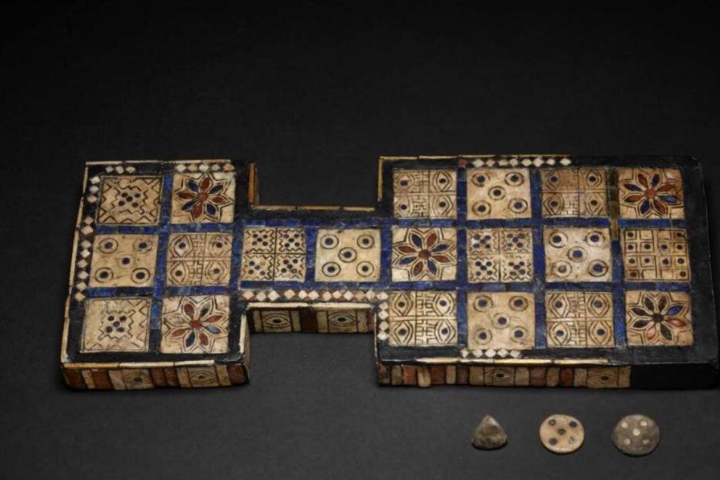Archaeologists have uncovered six rock surfaces featuring carved designs that suggest a connection to ancient board games, shedding light on how humans entertained themselves thousands of years ago.
Ancient Board Games Uncovered in Azerbaijan
Archaeologists found the six ancient board games at various locations on the Abşeron Peninsula and in the Gobustan Reserve in Azerbaijan.
The rocks, dating back to around 2000 BCE, resemble the distinctive pattern that forms the basis of the ancient board game Hounds and Jackals.
Previously, the oldest known example of the game was discovered in the tomb of a government official in ancient Egypt.
Archaeologists Walter Crist from Leiden University in the Netherlands and Rahman Abdullayev of the Minnesota Historical Society noted that these new findings have called into question the origins of the game known as Fifty-Eight Holes.
The game may have originated in southwestern Asia rather than Egypt, as previously thought by experts.
Discussing the likely popularity of the games, Crist and Abdullayev wrote in their paper, “At certain times in antiquity, particular games were regionally popular, suggesting that they helped to connect cultures that regularly interacted with one another.”
“The game of Fifty-Eight Holes probably served this purpose in the second millennium BCE in Egypt and south-western Asia, because it was the only game that was played throughout the region,” they noted.
“We Can Piece Together An Incomplete History”
The history of board games spans thousands of years, and they were likely very popular across various regions.
“We can’t know what that something is, but we can piece together an incomplete history based on the artefacts of board games left behind, from dice to pieces to the boards themselves,” researchers stated.
“Whatever the origin of the game of Fifty-Eight Holes, it was quickly adopted and played by a wide variety of people, from the nobility of Middle Kingdom Egypt to the cattle herders of the Caucasus, and from the Old Assyrian traders in Anatolia to the workers who built Middle Kingdom pyramids. The fast spread of this game attests to the ability of games to act as social lubricants, facilitating interactions across social boundaries,” they added.
Follow Wat-Not on Facebook, Twitter, and Instagram





GIPHY App Key not set. Please check settings